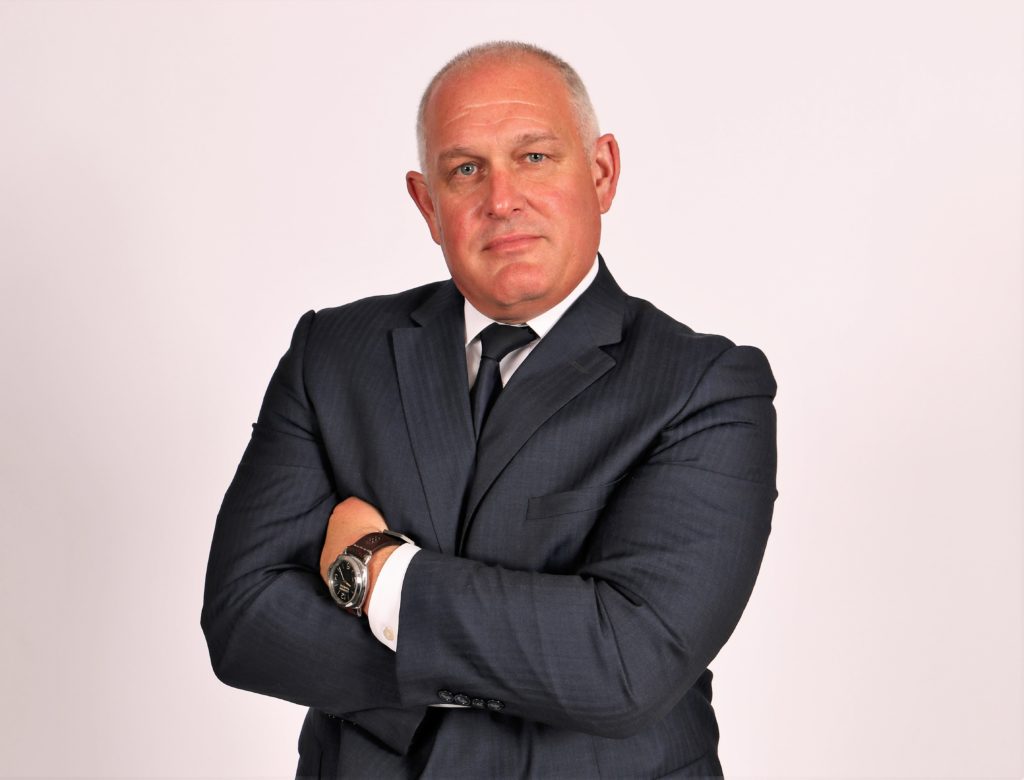Introduction
Obtaining an L-1A intracompany transferee executive/manager visa has become an attractive immigration option for many foreign nationals, especially those who: 1) have established successful businesses in their home countries; 2) have worked there for at least 1 year in the past 3 years as an executive or manager; and 3) are ready to establish a business or be transferred to an existing office in the United States.
On November 15, 2018, USCIS issued a policy memorandum to clarify the “one-year foreign employment requirement.” To meet this requirement, the L-1A beneficiary must be employed abroad by a foreign company (directly related to the U.S. business) for 1 continuous year out of the 3 years before filing the L-1A petition. Specifically:
- The L-1A beneficiary must be physically outside the United States during the required 1-year employment;
- The employment must be full-time;
- The beneficiary’s position must be executive or managerial in nature; and
- This 1-year requirement must be fulfilled before filing the initial L-1A petition.
Frequently Asked Questions (“FAQs”)
- If I am being paid by the foreign company while I am in the United States, does my time here count towards the 1-year requirement?
No. Only time spent overseas counts.
- Will brief trips spent in the United States for business or vacation purposes disrupt the 1 year?
No, it will not disrupt the 1-year nor would it help. The policy memorandum instructs the officer to subtract the number of days the beneficiary spent in the United States from the 1-year.
The example provided is as follows:
“[if] the qualifying foreign entity began to employ the beneficiary on January 1, 2016, and the beneficiary made brief trips to the United States that year for a total of 60 days, the beneficiary would need to accrue at least an additional 60 days of qualifying employment abroad after January 1, 2017, in order to meet the one-year foreign employment requirement.”
- If I work for the foreign company in the United States in H-1B or E-2 nonimmigrant visa status, will this count towards the 1-year requirement?
No, but the 3-year period may be adjusted. As discussed above, the 1-year employment period must take place within the 3 years prior to filing the L-1A petition. However, if for example, the beneficiary worked in the United States in valid H-1B status for the foreign company from January 2, 2017, through January 2, 2018, then filed the L-1A petition on January 2, 2018, the 3-year period will be from January 1, 2014 to January 1, 2017 (rather than January 1, 2015 to January 1, 2018).
Additionally, as long as the beneficiary was admitted to work for a foreign company, the U.S. employment does not need to be in a managerial, executive, or specialized knowledge capacity.
- Would the 3-year period be adjusted if I was here as an F-1 student and later got OPT (optional practical training) to work for the foreign company?
No, because the purpose of the F-1 visa was for study, not for work. Even if the later acquired OPT is for employment with the foreign company, any time spent in F-1 status does not count towards the 1-year requirement and does not adjust the 3-year period.
- If I was in the United States in L-2 status, would this help?
No. Same issue – the purpose of the L-2 dependent visa was not to “work” for the foreign company.
- If in the past 3 years, I stopped working for the foreign company for more than 2 years (or took a long break), would my 1-year employment be interrupted?
Yes. The “1-year clock” starts all over again.
Conclusion
If you have additional questions about the 1-year foreign employment requirement, please do not hesitate to contact our office.
U.S. immigration law is complex, which is why you need experienced immigration attorneys to guide and advise you through the process. We are those lawyers, and our firm practices immigration law exclusively. We have offices in Orange, Fresno, Riverside, Sacramento, San Bruno, California, as well as Orem and Salt Lake City, Utah, and Boise, Idaho.
We offer a free in-person consultation at any of our offices in Orange, Fresno, Riverside, Sacramento, San Bruno, California, as well as Orem and Salt Lake City, Utah, and Boise, Idaho.
ABOUT THIS AUTHOR (S)

JEANNY TSOI – ATTORNEY
Ms. Jeanny Tsoi is an Associate Attorney at Wilner & O’Reilly who handles employment-based transactional cases. She also has extensive experience with family-based immigration matters, 601/601A waivers, non-immigrant visas, and asylum applications. She is admitted to the State Bar of California, the United States District Court for the Central District of California, and the United States Court of Appeals for the Ninth Circuit. Ms. Tsoi graduated Cum Laude from the University of Southern California with a Bachelor’s degree in Art History. In 2012, she earned her Juris Doctorate degree from Southwestern Law School where she was the Vice President of Phi Alpha Delta Law Fraternity and a member of the Asian Pacific American Law Students Association. Ms. Tsoi is fluent in English, Mandarin, and Cantonese.

RICHARD M. WILNER – FOUNDING PARTNER
Richard M. Wilner is a founding member of Wilner & O’Reilly, APLC and is Board Certified by the State Bar of California as a Specialist in Immigration and Nationality Law. He is admitted to practice law in the State of California and before the U.S. District Courts for the Central, Northern and Southern Districts of California, the Northern District of Texas, the U.S. Court of Appeals for the Ninth Circuit and the U.S. Supreme Court.Mr. Wilner has received the coveted Martindale-Hubbell AV Rating, the highest legal and ethical rating that one can receive from one’s peers in the legal community. Similarly, he has been awarded the title of Super Lawyer from 2007 to the present. He is best known for his work in advising Fortune 500 companies, middle and small market businesses, entrepreneurs and foreign nationals of extraordinary ability in athletics, arts, and sciences in the complex area of U.S. Immigration and Nationality Law.


Comments are closed.